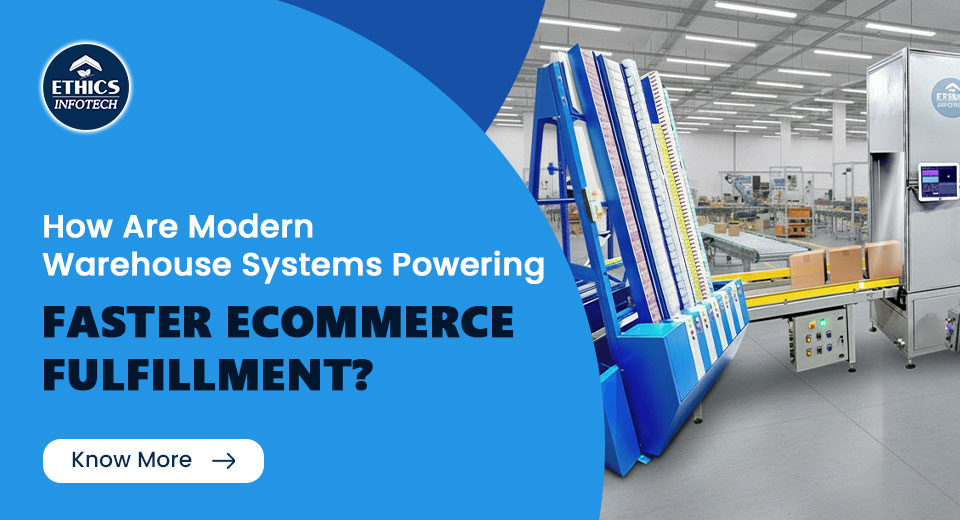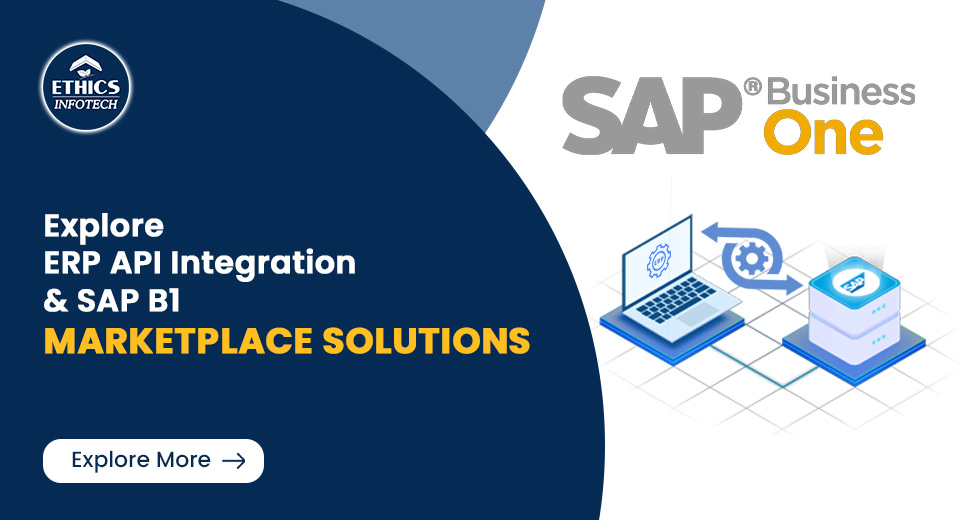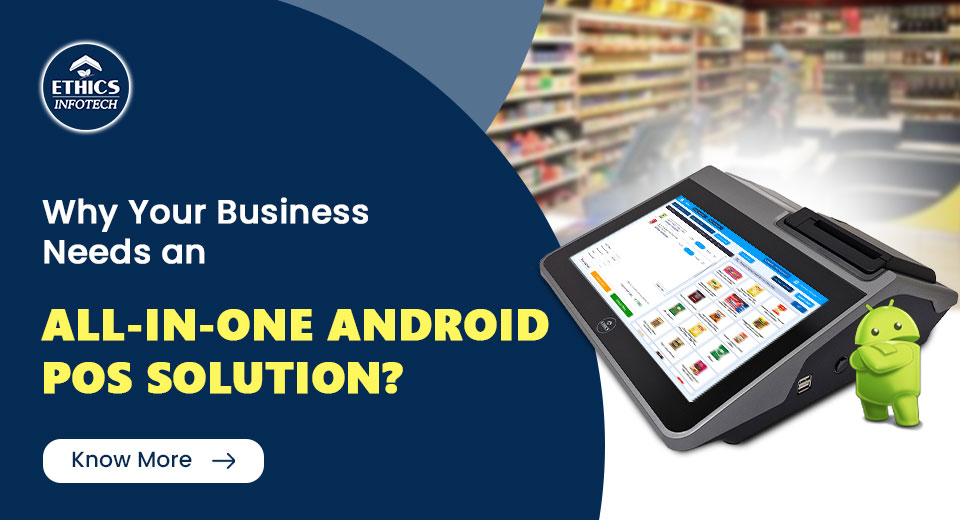What Makes ERP Essential for Modernizing Your Supply Chain?
Precision is everything in an industry where every second can mean profit or loss. Late deliveries, inventory errors, and supplier delays aren’t just operational issues. They’re revenue killers.
Welcome to the world where smart logistics is king, and where ERP for supply chain management becomes the difference between growth and stagnation.
If you're a warehouse owner struggling with mismanaged inventory, a fulfillment center watching delivery timelines slip, or a business owner tired of juggling disconnected systems, here's the hard truth: traditional management tools won't cut it anymore. You need something bigger. You need enterprise resource planning systems designed for real-world supply chain challenges.
ERP supply chain solutions offer full control, real-time visibility, and the power to scale, all in one platform. And in today's volatile, high-volume market, this isn’t optional. It's survival.
The Real Cost of a Disconnected Supply Chain
You might not see the full cost of inefficiencies, but you definitely feel them:
- Your team is reacting instead of planning.
- Procurement delays are driving up costs.
- Your inventory reports are never truly accurate.
- Your warehouse staff spends more time searching than shipping.
- Customers are losing confidence because of missed SLAs.
Behind it all? Disjointed systems and a lack of visibility.
This is exactly where ERP software steps in, acting as the brain of your supply chain operations. By integrating procurement, inventory, sales, distribution, and finance, ERP systems turn your chaos into control.
Industry-Specific Challenges Solved by ERP Software
Every industry has its supply chain headaches. Here’s how ERP for supply chain management tackles them:
Manufacturing
Materials Requirement Planning (MRP)
Vendor scheduling
Production timelines aligned with inventory availability
Retail & FMCG
High-volume stock rotation
Seasonal inventory forecasting
Centralized control across multiple stores or distribution centers
E-commerce Fulfillment
Order-to-dispatch automation
Integration with shipping partners
Real-time updates on order status and stock levels
Pharmaceutical & Healthcare
Expiry tracking
Batch/lot traceability
Regulatory compliance for safety and storage
ERP software doesn’t just help these sectors function. It helps them excel.
The Business Impact: Beyond Efficiency
When deployed right, ERP in supply chain management unlocks:
Faster delivery cycles
Lower carrying costs
Better supplier collaboration
Improved order accuracy
Higher customer satisfaction
Stronger profitability
All this while giving your leadership team powerful insights through customizable dashboards, KPIs, and reports.
What ERP in Supply Chain Management Actually Does
Let’s cut through the buzzwords.
ERP in supply chain management means turning every moving part, from vendor selection to last-mile delivery, into a synchronized, data-driven process.
Here’s what it brings to the table:
1. Unified Data. Real-Time Access.
With ERP systems, your inventory levels, purchase orders, warehouse movements, and delivery schedules live in a single environment. No silos. No duplication. Just clean, connected data.
2. Automation of Core Processes
Reordering thresholds, goods receipts, invoice matching, order tracking, tasks that once ate up hours are now done in minutes with ERP software. This is not just automation. It’s optimization.
3. Forecasting That Doesn’t Fail
Using past sales trends, supplier lead times, and market behavior, ERP supply chain systems help predict what you'll need, and when. Say goodbye to stockouts and overstocking.
4. Procurement with Precision
Control vendor contracts, monitor delivery performance, and auto-generate purchase orders based on inventory thresholds. Enterprise resource planning makes procurement proactive, not reactive.
5. Complete Warehouse Control
From inbound logistics to dispatch, track every SKU movement. Map storage zones, manage bin locations, and optimize picking paths. ERP systems let your warehouse function like a well-oiled machine.
ERP: A Long-Term Investment with Immediate Benefits
Yes, implementing enterprise resource planning takes time, money, and change management. But the ROI is measurable and often rapid.
Reduced labor costs due to automation
Improved inventory turnover
Enhanced vendor management and purchase planning
Seamless interdepartmental coordination
Better compliance and audit trails
With the right solution, your business becomes more than just efficient. It becomes resilient.
Final Thoughts: Why It’s Time to Act?
The supply chain is no longer a support function. It’s a strategic driver of growth. And the businesses that are thriving, even during market disruptions, have one thing in common: technology at the core.
ERP for supply chain management is no longer a future investment. It’s a decision now. One that could define how your business competes, grows, and sustains in a digital-first world.
If you're still operating on Excel sheets and disconnected systems, it’s time to rethink. The world has moved on. Your business should too.
Because in the supply chain, control is power, and ERP systems give you both.
Tired of systems that promise everything and deliver confusion? Same. That’s why we build ERP solutions that are practical, powerful, and personal. From SAP B1 to Odoo to fully custom builds, we make sure your ERP doesn’t become another horror story; it becomes your best hire. Get In Touch Today!
.jpg)


